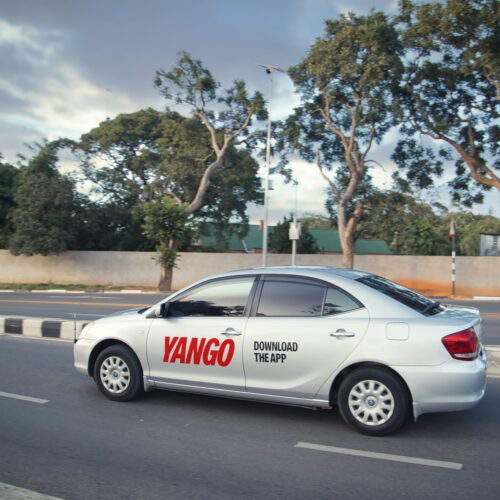Ride-hailing platforms like Yango and GO have revolutionized urban transportation in Lusaka, Zambia. However, behind the convenience and affordability for passengers lies a complex reality for the drivers who power these services.
Many drivers have expressed concerns about declining earnings, unfair fees, and a lack of support from the platforms. The pressure to maintain high ratings, coupled with long working hours and low pay, has led to frustration and dissatisfaction among drivers.
While these platforms have undoubtedly improved mobility options for passengers, they have also created a challenging working environment for drivers. To address these issues, platforms must prioritize fair compensation, transparent fee structures, and adequate support for drivers. By striking a balance between passenger convenience and driver welfare, ride-hailing services can ensure the sustainability of their operations and contribute positively to the local economy.


